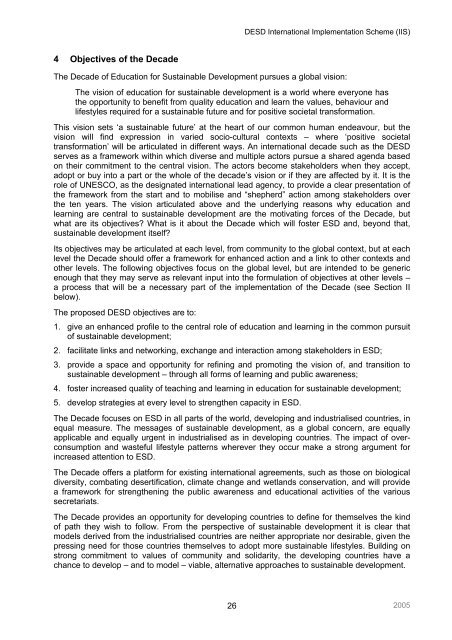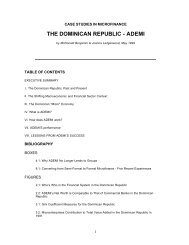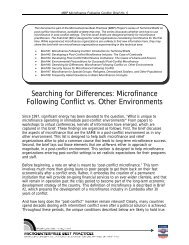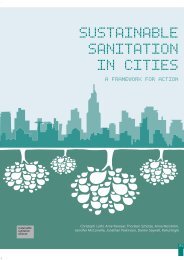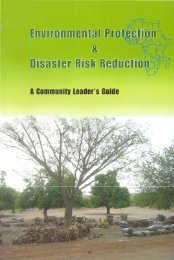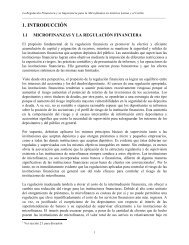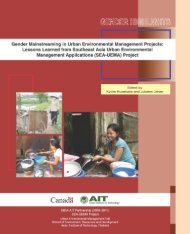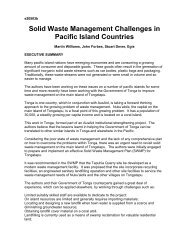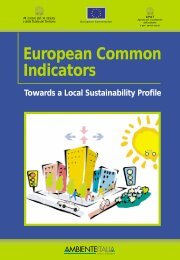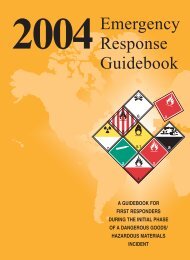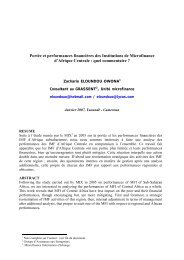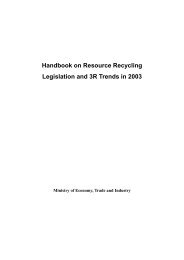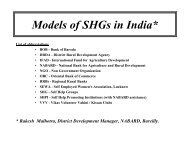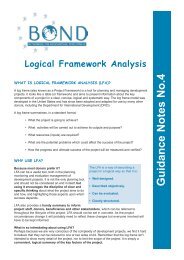The International Implementation Scheme (IIS) - Unesco
The International Implementation Scheme (IIS) - Unesco
The International Implementation Scheme (IIS) - Unesco
You also want an ePaper? Increase the reach of your titles
YUMPU automatically turns print PDFs into web optimized ePapers that Google loves.
DESD <strong>International</strong> <strong>Implementation</strong> <strong>Scheme</strong> (<strong>IIS</strong>)<br />
4 Objectives of the Decade<br />
<strong>The</strong> Decade of Education for Sustainable Development pursues a global vision:<br />
<strong>The</strong> vision of education for sustainable development is a world where everyone has<br />
the opportunity to benefit from quality education and learn the values, behaviour and<br />
lifestyles required for a sustainable future and for positive societal transformation.<br />
This vision sets ‘a sustainable future’ at the heart of our common human endeavour, but the<br />
vision will find expression in varied socio-cultural contexts – where ‘positive societal<br />
transformation’ will be articulated in different ways. An international decade such as the DESD<br />
serves as a framework within which diverse and multiple actors pursue a shared agenda based<br />
on their commitment to the central vision. <strong>The</strong> actors become stakeholders when they accept,<br />
adopt or buy into a part or the whole of the decade’s vision or if they are affected by it. It is the<br />
role of UNESCO, as the designated international lead agency, to provide a clear presentation of<br />
the framework from the start and to mobilise and “shepherd” action among stakeholders over<br />
the ten years. <strong>The</strong> vision articulated above and the underlying reasons why education and<br />
learning are central to sustainable development are the motivating forces of the Decade, but<br />
what are its objectives? What is it about the Decade which will foster ESD and, beyond that,<br />
sustainable development itself?<br />
Its objectives may be articulated at each level, from community to the global context, but at each<br />
level the Decade should offer a framework for enhanced action and a link to other contexts and<br />
other levels. <strong>The</strong> following objectives focus on the global level, but are intended to be generic<br />
enough that they may serve as relevant input into the formulation of objectives at other levels –<br />
a process that will be a necessary part of the implementation of the Decade (see Section II<br />
below).<br />
<strong>The</strong> proposed DESD objectives are to:<br />
1. give an enhanced profile to the central role of education and learning in the common pursuit<br />
of sustainable development;<br />
2. facilitate links and networking, exchange and interaction among stakeholders in ESD;<br />
3. provide a space and opportunity for refining and promoting the vision of, and transition to<br />
sustainable development – through all forms of learning and public awareness;<br />
4. foster increased quality of teaching and learning in education for sustainable development;<br />
5. develop strategies at every level to strengthen capacity in ESD.<br />
<strong>The</strong> Decade focuses on ESD in all parts of the world, developing and industrialised countries, in<br />
equal measure. <strong>The</strong> messages of sustainable development, as a global concern, are equally<br />
applicable and equally urgent in industrialised as in developing countries. <strong>The</strong> impact of overconsumption<br />
and wasteful lifestyle patterns wherever they occur make a strong argument for<br />
increased attention to ESD.<br />
<strong>The</strong> Decade offers a platform for existing international agreements, such as those on biological<br />
diversity, combating desertification, climate change and wetlands conservation, and will provide<br />
a framework for strengthening the public awareness and educational activities of the various<br />
secretariats.<br />
<strong>The</strong> Decade provides an opportunity for developing countries to define for themselves the kind<br />
of path they wish to follow. From the perspective of sustainable development it is clear that<br />
models derived from the industrialised countries are neither appropriate nor desirable, given the<br />
pressing need for those countries themselves to adopt more sustainable lifestyles. Building on<br />
strong commitment to values of community and solidarity, the developing countries have a<br />
chance to develop – and to model – viable, alternative approaches to sustainable development.<br />
26<br />
2005


